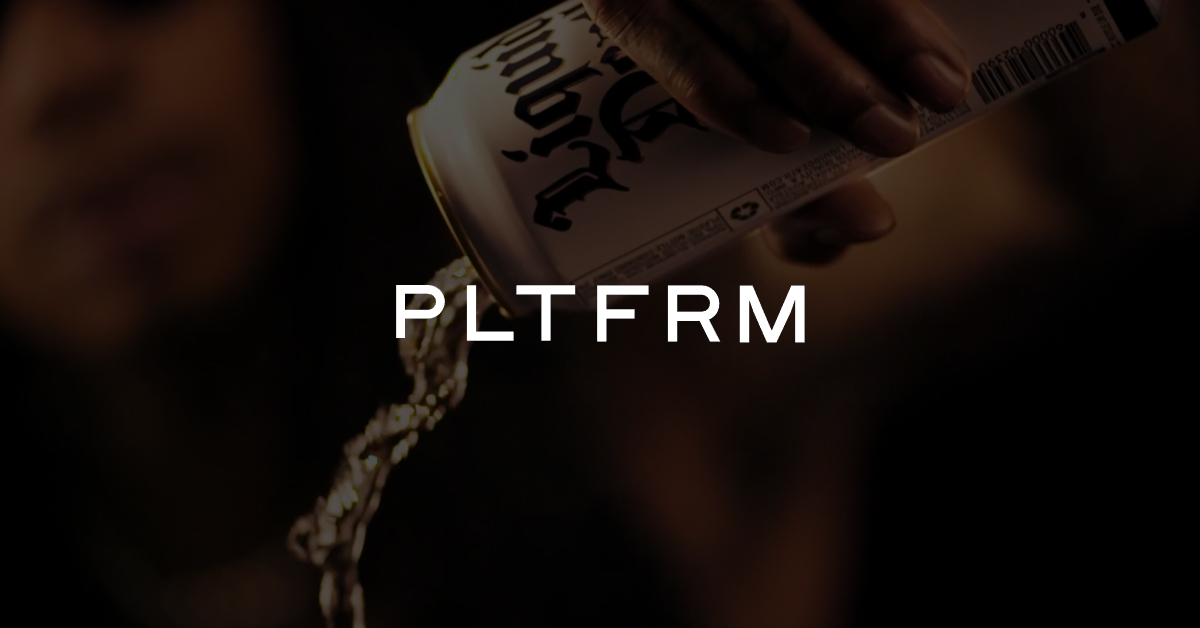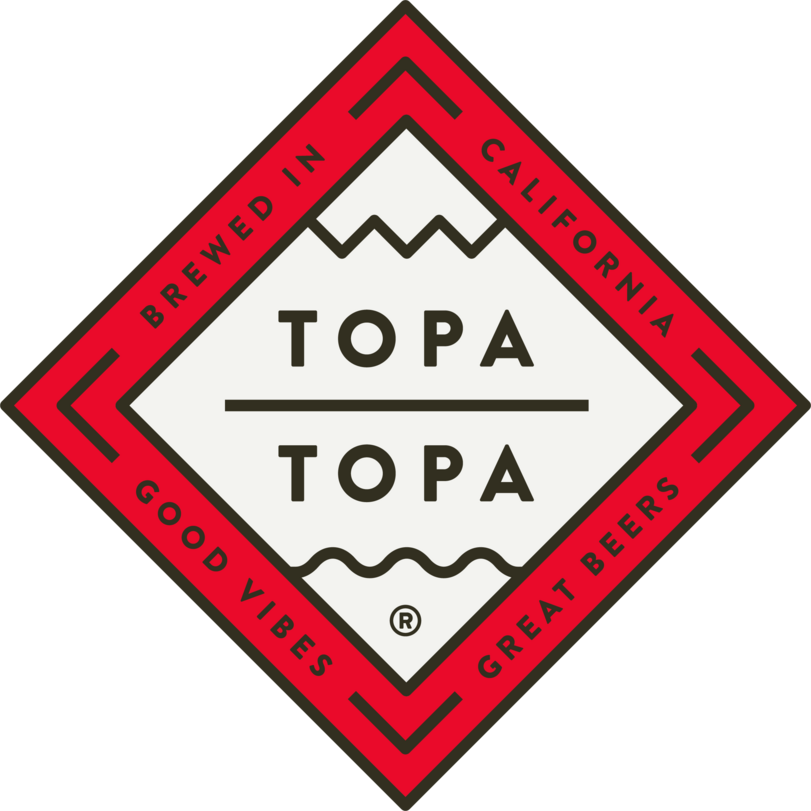Retail Strategy Firm PLTFRM Broadens Base with Eye to New Channels

As online marketing and ecommerce have radically changed the playbook for brands, CPG strategy firm PLTFRM is aiming to provide a new “operating system” for modern startups, and now it’s expanding its retail and marketing services to new channels and new industries.
Founded in 2005 by Noah Bremen, the founder of Walmart broker Team Direct, PLTFRM provides a variety of services for brands, primarily focused on sales management services with leading brick-and-mortar and online retailers like Walmart and Amazon and helping brands to execute on growth strategies.
According to chief growth officer and partner Saagar Mehta, the company today has around 300 employees, with a presence in five cities: Los Angeles, Minneapolis, Seattle, Aspen and Bentonville, Ark.
Many of its services are broken down into five distinct subsidiaries that focus on different retail channels, including Team Direct (Walmart and Sam’s Club), Vendo (Amazon and digital marketplaces), Cities (Target and Best Buy), AMPD (Costco), and its latest addition, a business that aims to provide sales and marketing execution services for retailers like Erewhon, Whole Foods and Sprouts.
As well, PLTFRM has a growing venture arm, which has led it to invest in brands it works with like Ghost, Cirkul and Bloom.
According to Mehta, the natural channel services and PLTFRM Ventures are both in early stages, noting that they’re not the most significant portions of the company, but PLTFRM is investing in growing and expanding those projects.
While PLTFRM’s website highlights some of the brands it works with – Liquid Death, MrBeast’s Feastables, Manscaped and pet food maker JINX – Mehta said the business currently has upwards of around 200 brand clients, including partners well beyond the food and beverage sector like Roku and Meta.
One part of PLTFRM’s business is to make connections between brands and retailers, but Mehta made clear that the company doesn’t view itself as a broker, noting the initial connection is a very small piece of the puzzle. Mehta demurred from calling PLTFRM a “broker,” instead stating that its emphasis is on a multi-pillar “value creation” strategy that goes far beyond making introductions between brands and retailers.
“Getting you on the shelf is like 5% of the job,” Mehta said. “Ninety-five percent of the job is about how do we amplify your brand, translate your brand’s equity, and then make you sell more off the shelf?”
Mehta said he believes that PLTFRM’s focus on finding strong brands to work with means most of its clients likely don’t require brokers to make connections with major chains in the first place. Instead the company believes that a strong identity and effective marketing are more important in the current consumer environment, where a strong online presence can make or break a business. For instance, a company like Liquid Death was able to achieve such a level of notoriety online that it likely wouldn’t need PLTFRM to introduce it to Walmart, he said, but PLTFRM can use its relationships to help the canned water brand make the most of its presence in the mass channel leader.
“Brokering is like a thing of the past, where you need someone to introduce you to someone – that’s table stakes. So everything else that happens – the education, the strategy, the amplification, the elevated relationships, that’s what brands really need.”
PLTFRM’s core approach, he said, is to “elevate” a brand in-store through their established relationships with retailers and earn more positive positioning for the products, leverage data and insights that run across channels which can help brands and retailers optimize their merchandising and marketing efforts, and “amplify” the creative component of brands by aiding in digital and social campaigns via TikTok Shop, Instagram and other social sites.
Being independent has also been key to PLTFRM’s continued expansion, Mehta added.
“We are just getting started, where we feel like most ‘brokers’ are selling to private equity or are just being ingested by a large conglomerate – a Titanic ship model,” he said. “We feel like we’re one of the only players that is privately owned, and brand first. By growing quality versus quantity, we’re incentivized by doing a great job.”
Beyond growing out its natural channel business and its venture capital arm, Mehta said PLTFRM is also working to expand its presence in the media and entertainment industries, noting the “omnipresent” nature of online brand marketing means PLTFRM should be able to connect brands with celebrity partners and reach consumers at festivals like Coachella and other major cultural events.
It’s also moved past only working with “disruptive” startup brands, also partnering with conglomerates to help market their brands in ways more similar to trendy, digitally-native startup brands.
“We want to be everywhere from your local bodega to the next big retailer that doesn’t even exist today,” he said. “We just want to be where the end consumer is.”

















